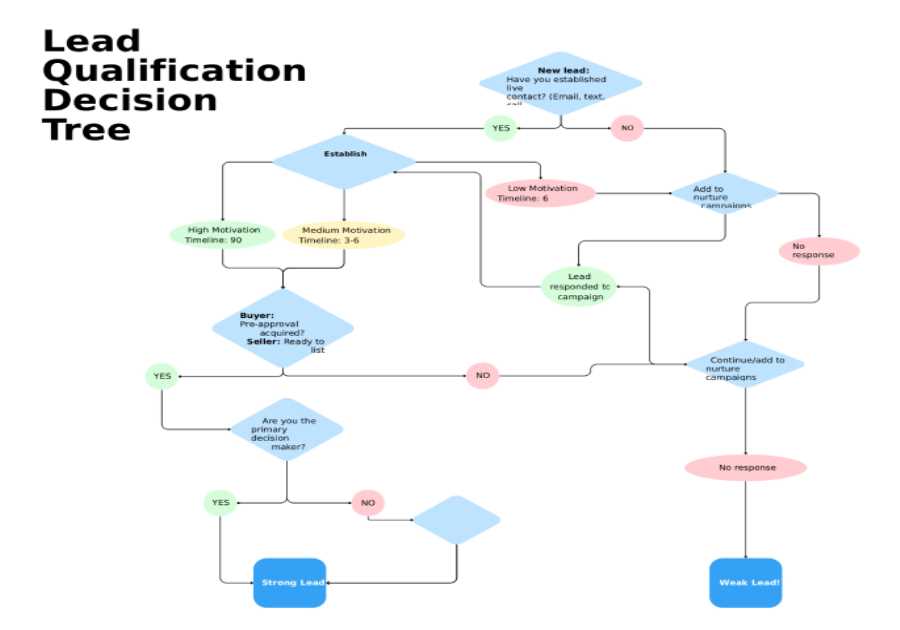As a finance professional, your employees’ business travel often presents a complex challenge due to the numerous policies and industry standards governing a crucial aspect: travel expenses. It’s not always easy for you to figure out which costs qualify for reimbursement and which do not.
However, the main problem lies in the cumbersome paperwork associated with handling a stack of receipts, invoices, and other proof of payment. This makes things hard for your team and makes it take longer for people to get paid back, which just makes employees even more annoyed.
In this blog, we’ll provide you with a helpful guide about reimbursable travel expenses. We’ll also share some of the best practices and tools to make managing travel expenses less of a hassle.
Which travel expenses are deductible?
If your organization’s employees travel for work to a temporary location within the past four years, they may qualify for tax relief. However, it’s important to note that regular commutes are not eligible for deductions.
According to the HMRC, employees can submit the following travel expenses incurred during their business trip:
- Public transport costs
- Overnight accommodation
- Meals
- Congestion charges and tolls
- Parking fees
- Business phone calls and printing costs
- Business mileage*
* When traveling to a temporary work location, employees can claim tax relief on business mileage using cars, motorcycles, or bicycles. The claimed amount will depend on the approved mileage rate and whether workers use their own or company vehicle.
Best practices for travel expense management
Travel expense management can be overwhelming, especially if your business revolves around international clientele. Dealing with never-ending expense claims can prove to be a tedious and time-consuming task that uses up important resources.
Here are some of the best practices for travel expense management:
Establish clear communication: Inform your employees on what information is required, who is responsible for processing it, and when it should be submitted. Provide a guidebook or integrate a dedicated platform that streamlines the submission process.
Set submission criteria: Analyze expense claims that include a copy of the transaction and align with the current or previous four tax years, allowing you to claim tax relief successfully.
Regularly update and organize data: Keep your travel records up-to-date and separate from other expenses. Use folders or digital filters to analyze a year’s worth of data effectively.
Eliminate expense fraud: Invest in fraud detection systems. Protect your company’s financial health and avoid penalties for submitting illegitimate receipts for tax relief.
Automate your expense management: Take advantage of travel management software to streamline your expense management and save time on repetitive manual tasks.
Are you interested in hearing more about expense management software? Join Klippa on stand B10 at Accountex Summit Manchester on the 19th September 2023, to learn about the practice of expense management automation.
Start saving valuable resources and invest time into things that matter!
You can register for a free ticket here.
The post Best Practices for HMRC Travel Expense Management appeared first on Accounting Insight News.
------------Read More
By: Klippa
Title: Best Practices for HMRC Travel Expense Management
Sourced From: www.accountex.co.uk/insight/2023/08/15/best-practices-for-hmrc-travel-expense-management/
Published Date: Tue, 15 Aug 2023 08:47:33 +0000
Did you miss our previous article...
https://trendinginbusiness.business/finance/the-vital-role-of-human-connection-for-accountants-and-advisors-in-a-digitalfirst-world
.png)





